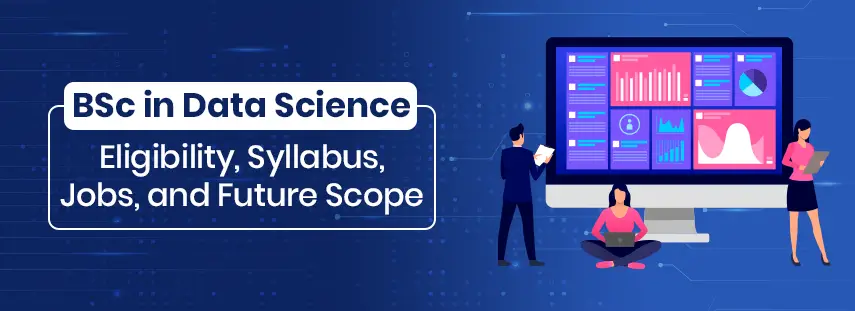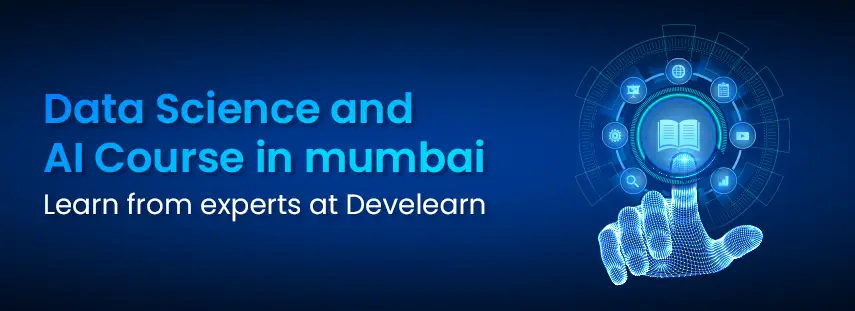Join As Students, Leave As Professionals.
Develearn is the best institute in Mumbai, a perfect place to upgrade your skills and get yourself to the next level. Enroll now, grow with us and get hired.

Data Analyst Course Fees in Mumbai– A Comprehensive Guide For Beginners
Discover everything you need to know about data analyst course fees in Mumbai. This comprehensive guide covers costs, course details, and tips for beginners looking to start a career in data analysis.
DeveLearn Technologies
300 minutes
May 30, 2024
Loading content...




